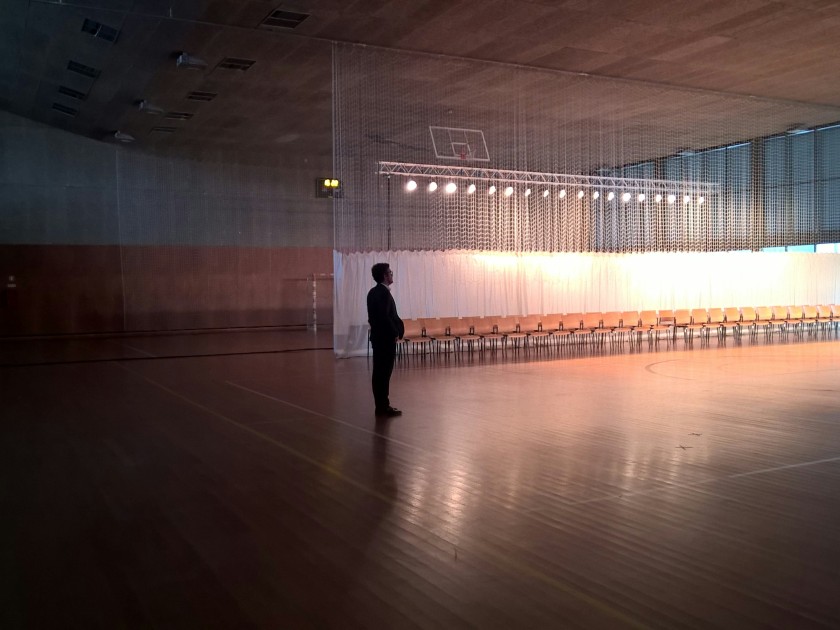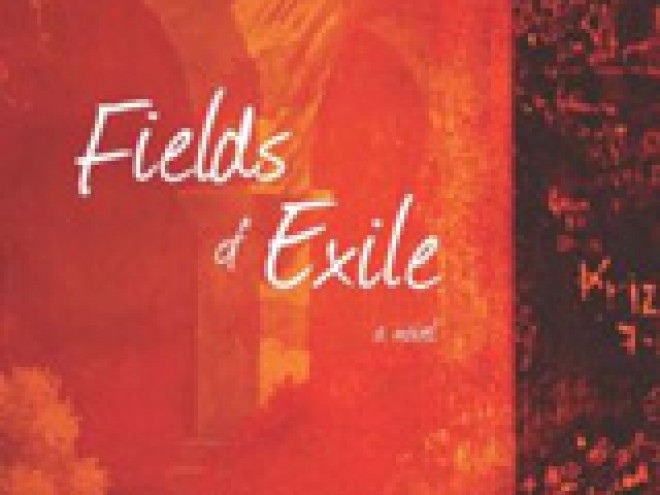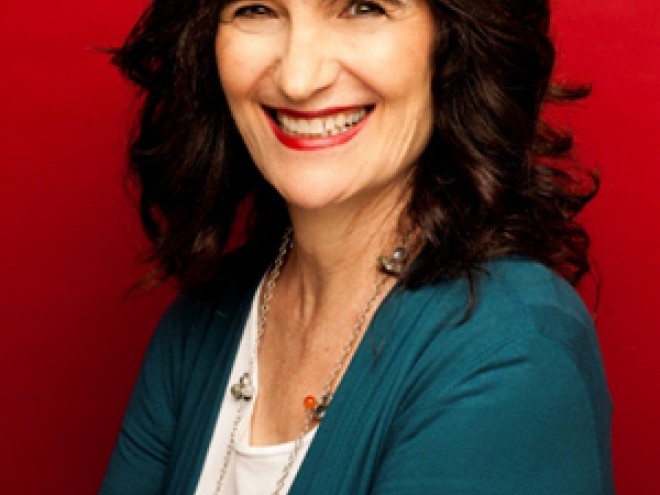
Photo by Patricia Valério on Unsplash
I never noticed how few novels or novellas there are about Yom Kippur until I’d written one myself: Yom Kippur in a Gym (a novella). When my publisher asked me to identify other books like mine for marketing purposes, I was surprised to discover that there aren’t many books of adult fiction about Yom Kippur, and this struck me as strange, given that Yom Kippur is the most important day of the Jewish year.
Interestingly, there is no shortage of fiction books about Yom Kippur written for children. So I wonder if there is some kind of barrier affecting writers of adult Jewish fiction when it comes to Yom Kippur. Do they feel it is too big a topic to take on, or perhaps too serious and heavy? Do they fear that Yom Kippur will hang like an albatross around their necks, weighing them down with somberness, and eliminating the possibility of any fun or humor in their books? Or maybe they’re unconsciously superstitious, and worry that what they write about Yom Kippur might cross the line into sacrilege, and this could come back to bite them at their next Yom Kippur.
Whatever the reason, Yom Kippur in a Gym is eliciting a very different reaction from people than any of my previous four books have. Never have I been asked so frequently, or so insistently, about the setting and theme of a book I wrote. There are, in this book, various themes and subthemes. Yom Kippur in a Gym is about five strangers in a gym during the last hour of a Yom Kippur service, each person struggling with a different crisis. Lucy can’t accept her husband’s Parkinson’s diagnosis; Ira, rejected by his lover, is planning suicide; Rachel worries about losing her job; Ezra is tormented by a mistake that ruined his career; and Tom contemplates severing all contact with his sisters. Then a medical emergency unexpectedly throws these five people together, and in that hour, all their lives are changed in ways they would never have believed possible.
I was surprised to discover that there aren’t many books of adult fiction about Yom Kippur, and this struck me as strange, given that Yom Kippur is the most important day of the Jewish year.
Many people tell me, after hearing about my novella, that they find its setting startling or odd, but to me it feels natural and even familiar because, for over two decades, I attended High Holiday services in a gym. I led part of the services, and year after year I spent Yom Kippur surrounded by hundreds of people, sometimes over a thousand, many of whom I didn’t know. Often I found myself gazing at these strangers and wondering who they were and what they were really thinking about. Especially during the last hour of Yom Kippur, the Neila service, when, according to tradition, our fate is inscribed for the coming year. This is a unique moment spiritually, emotionally, and psychologically: our last chance before “the gates close” to face ourselves, examine our flaws honestly and nakedly, and commit to changing and improving in the coming year — or not. This moment has always fascinated me, and a few years ago I began wanting to explore it fictionally. So that’s what I did in this book.
Until completing it, I didn’t know that I see Yom Kippur as having a kind of magical power. Yet this comes through clearly in Yom Kippur in a Gym, where Yom Kippur is not just part of the background setting, but an active player and force. Yom Kippur — with its constant prayers, words, and music — is the fulcrum that propels the action in this novella, tipping the seesaw lives of these five characters just as the gates are closing. In this book, Yom Kippur is a character in its own right — and one that is just as important as the other five.
To me, Yom Kippur contains everything: drama, suspense, passion, hope, love, hate, frailty, strength, truth, lies, fear of transformation and longing for transformation. What more could a writer ask for? Yom Kippur offers us all the necessary ingredients for a brilliant work of fiction. So I hope to see many more novels and novellas about Yom Kippur in the years to come.
Dr. Nora Gold is the prize-winning author of five books and the founder and editor of the prestigious literary journal Jewish Fiction.net. Her books have won both The Canadian Jewish Literary Award and The Vine Canadian Jewish Book Award, and her writing has been praised by Alice Munro, Cynthia Ozick, and Dara Horn.



